Scrap Compactor, Manufacturer, Exporter, Supplier and Dealer. Our setup is situated at Pune, Maharashtra, India
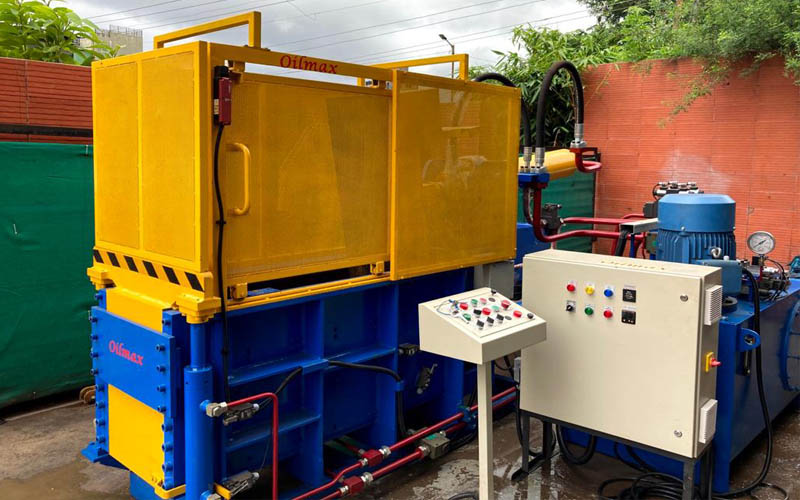
Scrap compactors are essential machines in various industries that generate significant volumes of waste, especially in manufacturing, retail, recycling, and construction. Oilmax Scrap Compactor is specifically designed to compress scrap materials, including metals, plastics, cardboard, and other recyclable materials, into more manageable and transportable sizes. The use of scrap compactors not only helps in reducing the volume of waste but also offers numerous benefits that contribute to efficiency, cost savings, and environmental sustainability
A scrap compactor is a piece of machinery that applies pressure to compact waste materials into denser, smaller blocks or bales. This process makes it easier to handle, store, and transport scrap, saving both space and money. Compactors come in various sizes and configurations, depending on the type of material they are meant to handle and the specific needs of the business.
Scrap compactors operate using hydraulic or pneumatic systems to exert pressure on waste materials. The compactor's press mechanism squeezes and compresses the materials into a compact block, which is then bound with wire or straps for easy handling. Depending on the type, some compactors also include shredders or crushers to break down larger pieces before compacting them.
- Space Savings :
One of the most immediate benefits of using a scrap compactor is the reduction in the volume of waste. By compressing materials into smaller sizes, businesses can free up valuable space, both on the shop floor and in storage areas. This is particularly beneficial in warehouses, manufacturing facilities, and retail environments where space is often limited. - Cost Efficiency :
Compacting scrap can significantly reduce waste disposal costs. Smaller, denser waste loads require fewer trips to recycling or disposal facilities, reducing transportation and handling costs. Additionally, some materials, when properly compacted and sorted, can be sold to recycling centers for a profit, creating an additional revenue stream. - Improved Workplace Safety :
Loose scrap materials can create hazards, from tripping to the risk of cuts or punctures. Scrap compactors help improve safety by keeping waste materials contained, reducing clutter, and making the workplace more organized. This leads to fewer accidents and a safer work environment. - Environmental Sustainability :
By compacting recyclable materials, businesses can increase their recycling rates and contribute to environmental conservation. Efficient waste management through the use of scrap compactors minimizes the amount of waste sent to landfills, lowers carbon emissions related to waste transportation, and promotes the reuse of valuable resources. - Enhanced Operational Efficiency :
Scrap compactors streamline waste handling processes, allowing staff to focus on more productive tasks rather than managing loose waste. Compacted scrap is easier to transport, sort, and store, leading to a more efficient workflow. In manufacturing, compactors can also help keep production lines clear by quickly disposing of excess materials. - Better Aesthetic and Cleanliness :
A clean and tidy workplace leaves a good impression on clients, visitors, and employees. Scrap compactors help maintain a neat appearance by keeping waste materials under control. They also help prevent odors and pest infestations, which can be an issue with loose or poorly managed waste.
When selecting a scrap compactor, it's essential to consider several factors to ensure you choose the right machine for your needs:
- Material Type:
Different compactors are designed for different types of materials. Make sure the machine you choose is compatible with the waste you generate. - Volume:
Consider the amount of waste your business produces. A larger operation may require a high-capacity compactor, while smaller businesses might benefit from a compact model. - Available Space:
Assess the space you have available for a compactor. Vertical models are more space-efficient, while horizontal ones might require more room but handle larger volumes. - Mobility:
If your business needs a mobile solution, consider portable or mobile compactors that can be easily moved to different sites. - Maintenance:
Look for compactors that are easy to maintain and service. Consider the availability of replacement parts and the manufacturer's support when making your choice.
Turning Swarf
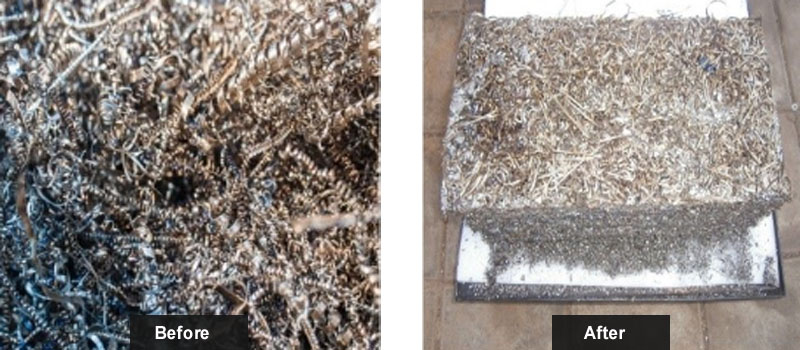
Turning Swarf
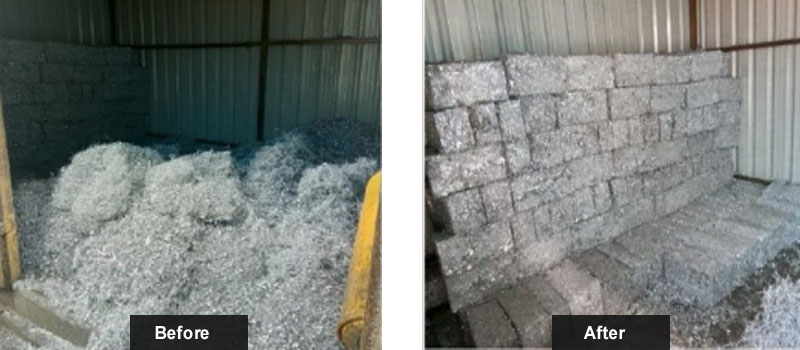
Sheet Metal Scrap
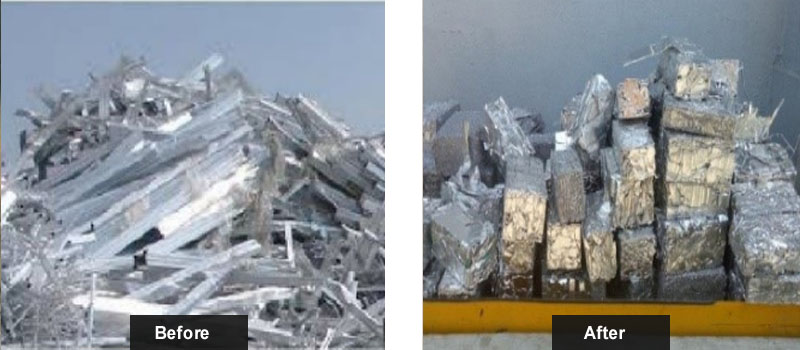
Sheet Metal Scrap
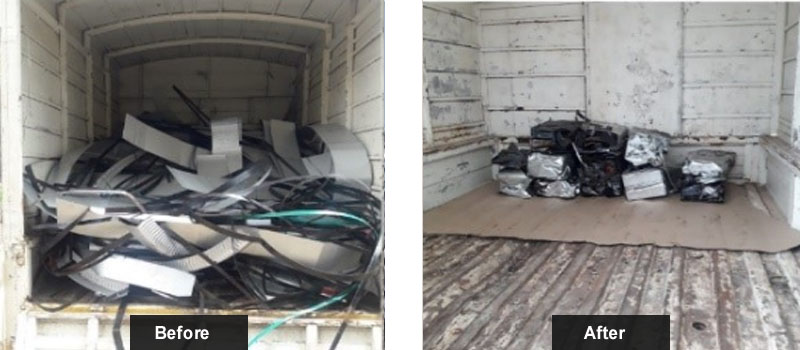
Wire & Rod
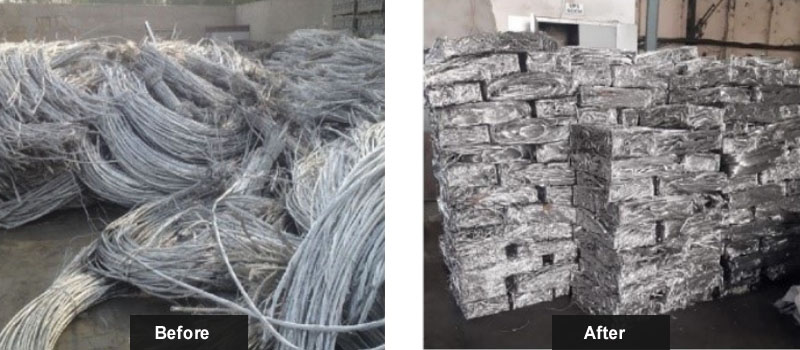
Paper Scrap
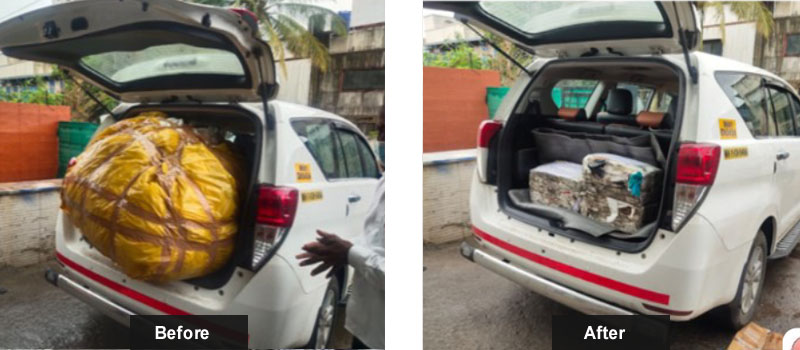
Installations
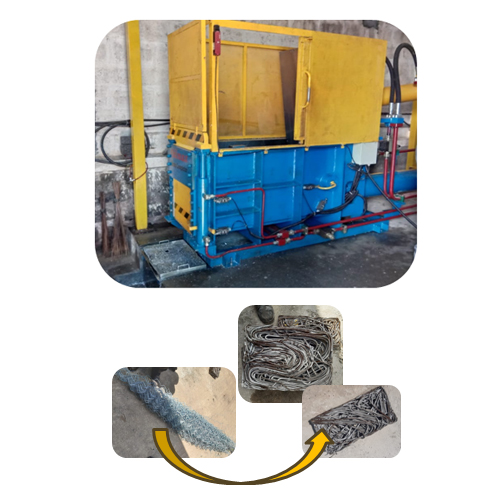
Steel Wire Scrap
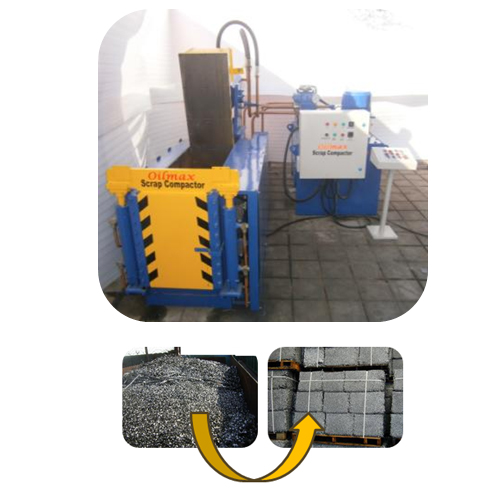
Curly burr
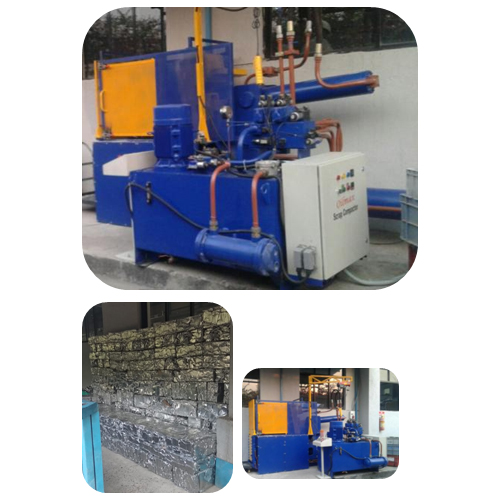
Aluminium Sheet & Tube scrap
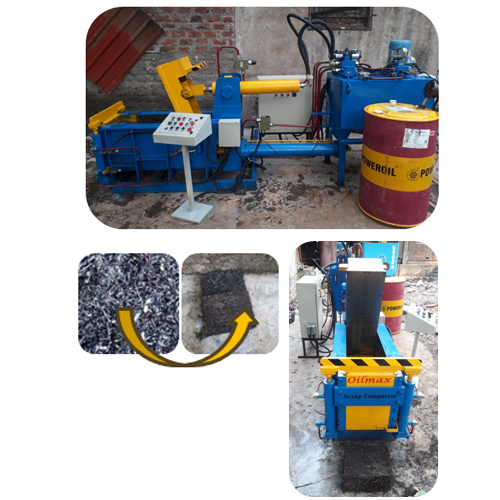
Turning Swarf
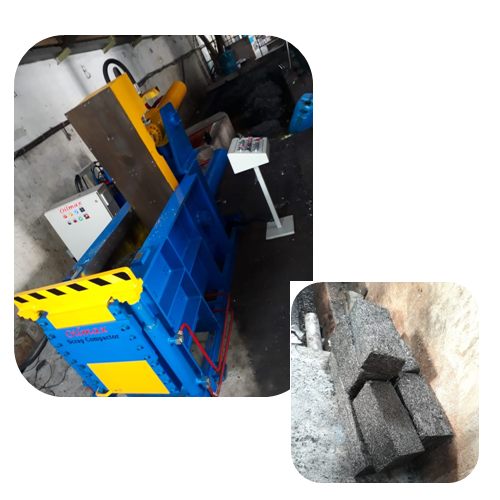
Turning Swarf
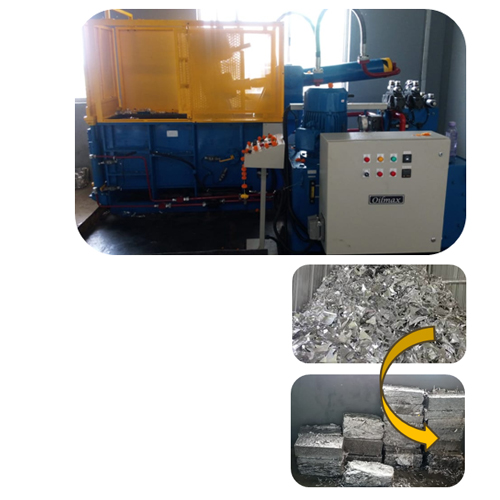
Turning Swarf



